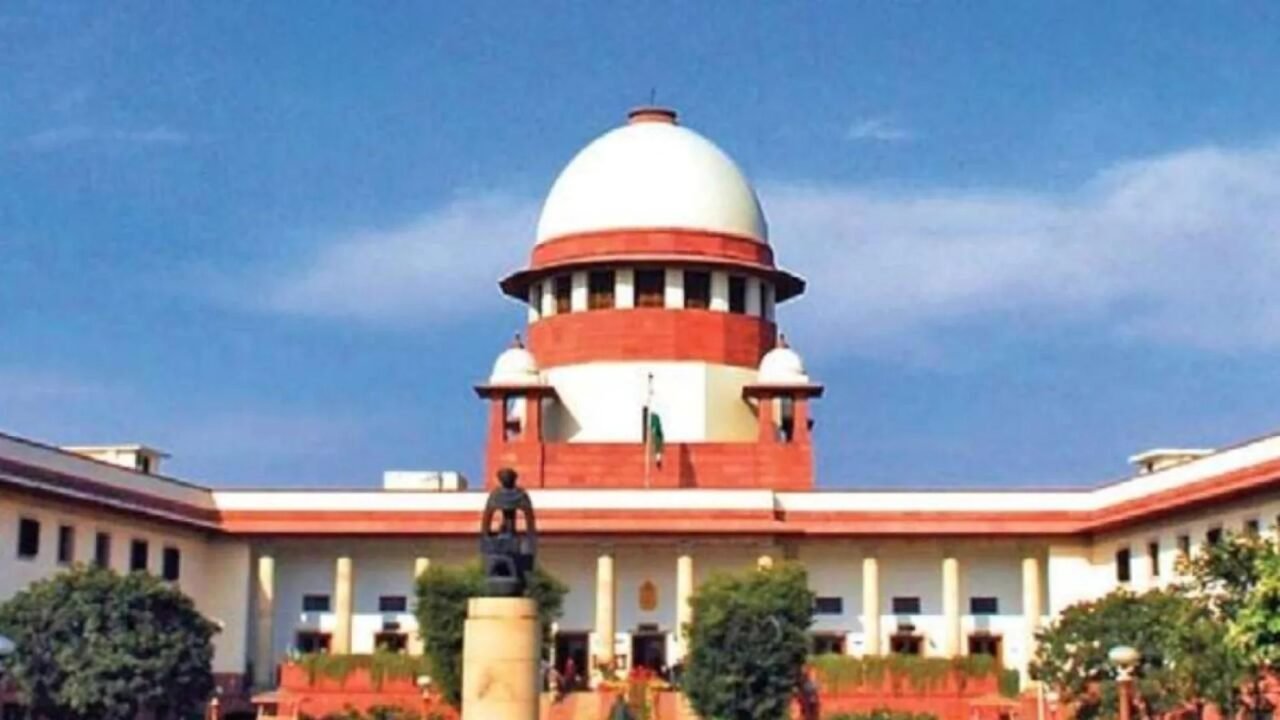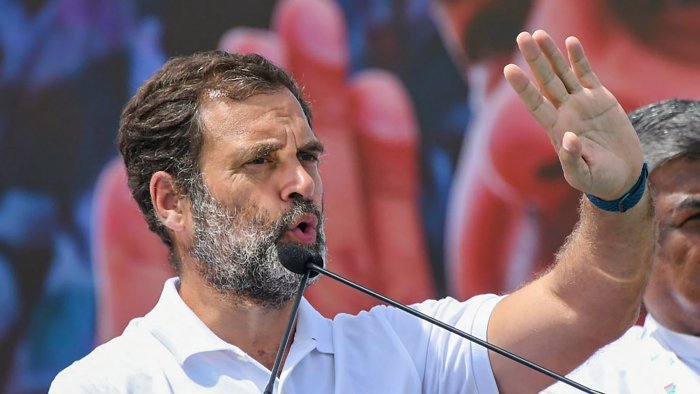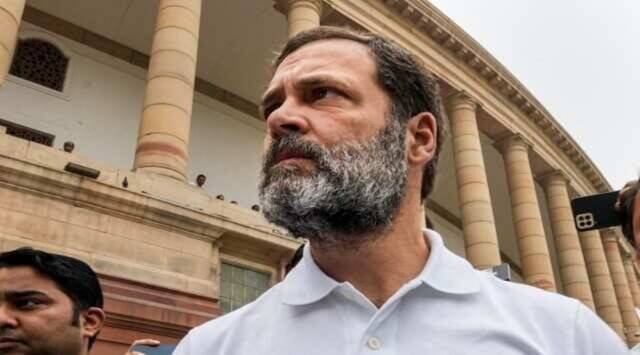AHMEDABAD/NEW DELHI, July 7 (PTI): The Gujarat High Court on Friday dismissed Congress leader Rahul Gandhi’s plea seeking a stay on his conviction in a criminal defamation case over his “Modi surname” remark.
While dismissing the plea, Justice Hemant Prachchhak noted that Gandhi was already facing 10 criminal cases across India, adding that the order of the lower court was “just, proper and legal” in handing over a two year jail term to Gandhi for his remarks.
There was no reasonable grounds to stay the conviction, the high court said.
After the verdict, the Congress party said it would challenge the high court order in the Supreme Court.
A stay on Gandhi’s conviction in the case would have paved the way for his reinstatement as a Member of Parliament.
“He (Gandhi) was trying to stay the conviction on absolutely non-existent grounds. It is a well-settled principle of law that staying of conviction is not a rule, but an exception, resorted only in rare cases. Disqualification is not only limited to MP, MLAs. Moreover, as many as 10 criminal cases are pending against the applicant,” the HC said.
“After this complaint, another complaint was filed in a court in Pune by the grandson of Veer Savarkar for Gandhi’s defamatory utterance against Veer Savarkar at Cambridge. Another complaint against him was filed in the concerned court of Lucknow,” it said.
In this backdrop, refusal of stay on conviction would not in any way result in injustice to the applicant, the judge said.
“Impugned order passed by the appellate court is just, proper and legal, and does not call for any interference. However, it is hereby requested by the concerned learned district judge to decide the criminal appeal on its own merits and in accordance with law as expeditiously as possible. In view of the above, the present criminal revision application deserved to be dismissed and accordingly it is dismissed,” the judge while reading the order.
While noting that there was no reasonable ground to stay the conviction at this stage, Justice Prachchhak also directed the district and sessions court of Surat to hear Gandhi’s appeal against the conviction “as expeditiously as possible”.
Meanwhile, the Congress on Friday said it will move the Supreme Court challenging the Gujarat High Court verdict
Addressing a press conference at the AICC headquarters, Congress spokesperson and Gandhi’s counsel in the case Abhishek Singhvi said the Gujarat High Court dismissing Rahul Gandhi’s plea was “highly disappointing, but not unexpected”.
Singhvi said the ultimate court is the court of the people and they see what is happening and how an “entire cottage industry has been unleashed against one individual”.
“I will not reiterate the gymnastics that took place at the stage of trial, where the complainant got a one year stay on his own complaint, and then revived it after there was a change on the bench. And, it was that second magistrate, who proceeded to pass that order of conviction. Those are facts, and the facts speak for themselves,” he said.
A metropolitan magistrate’s court in Surat on March 23 sentenced the former Congress president to two years in jail after convicting him under Indian Penal Code (IPC) sections 499 and 500 (criminal defamation) in a 2019 case filed by Bharatiya Janata Party’s (BJP) Gujarat MLA Purnesh Modi.
Following the verdict, Gandhi, elected to the Lok Sabha from Wayanad in Kerala in 2019, was disqualified as a Member of Parliament (MP) under the provisions of the Representation of the People Act.
Gandhi then challenged the order in a sessions court in Surat, which is still pending, along with an application seeking a stay to the conviction. While granting him bail, the sessions court on April 20 refused to stay the conviction, following which, he had knocked the doors of HC.
BJP MLA and former minister in Gujarat government Purnesh Modi filed a criminal defamation case against Gandhi over his ‘How come all thieves have Modi as the common surname?’ remark made during an election rally at Kolar in Karnataka on April 13, 2019.
During an earlier hearing on April 29 in the court of Justice Prachchhak, Gandhi’s lawyer had argued that a maximum punishment of two years for a bailable, non-cognisable offence meant he could lose his Lok Sabha seat “permanently and irreversibly”, which was a “very serious additional irreversible consequence to the person and the constituency he represents”.












